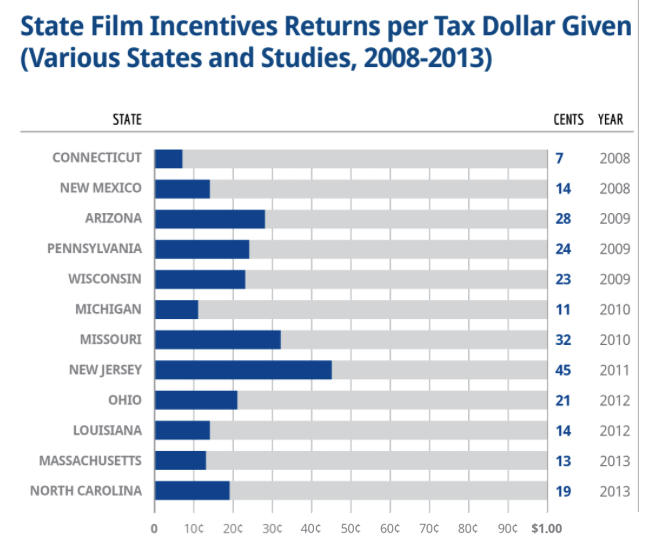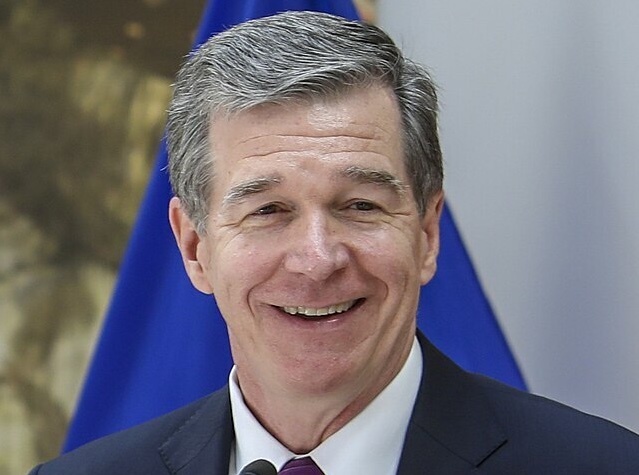Have you ever seen the movie “Dave”? It’s a warm-hearted little comedy from 1993 about a man (Dave, played by Kevin Kline) who runs a temporary employment agency and has a side hustle of being a spot-on impersonator of the president of the United States.
Dave’s impersonation is so good, the White House Chief of Staff hires him to cover for the president while he’s away with a mistress. The president suffers a stroke, so they keep Dave on the job with the idea being they’ll stay in power behind the scenes.
This setup works for them until Dave realizes that, phony or not, he is “the president,” and they’ll have to treat him as president or expose their own scam. So Dave starts promoting his own policies, and they find (to their dismay) that they have to go along with it.
This, I submit, is the same process we see when subsidized professional sports teams start demanding bigger and greater stadiums and when large corporations or industries receiving huge state subsidies start applying political pressures. Why don’t the politicians responsible for their meal tickets call them out on their arrogance and ingratitude and tell them to take a hike?
Here’s why: those same politicians have already been telling the public that the team, corporation, or industry is so critically important to the economy. They’ve used press conferences, TV interviews, joint op-eds, even slick “economic impact” papers making that point loud and clear. They’re fully invested.
Like Dave, the incentives recipient is supposed to go along with the pretense of being a major economic driver and leave the world of politics alone. But also like Dave, they soon realize the political power brokers just handed them a lot of leverage.
Is it real leverage? No, but it doesn’t matter. Who’s going to call them on it? The politicians would first have to admit publicly they’ve been pulling a fast one on the voters. They can’t speak out now, not without destroying their credibility.
Case in point: Is Hollywood “feeding the Georgia economy”?
What brings this to mind is recent news out of Georgia. The Atlanta Business Chronicle writes:
Georgia’s controversial “heartbeat bill” has not gone unnoticed in Hollywood.
On Friday, actress and “Project Runway: All Stars” host Alyssa Milano tweeted that the bill, which would limit abortions to six weeks after conception, would “strip women of their bodily autonomy.”
Milano called on Hollywood to boycott Georgia over the bill, saying “Hollywood! We should stop feeding the Georgia economy.”
Here’s the Dave-scam in Georgia. The Peach State runs one of the most aggressive state film incentives in the country, and they back it with the most ridiculous economic impact analysis imaginable.
How ridiculous? They argue that their film incentive brought in $7 billion. Based on what? They took the amount of incentivized film spending ($2 billion) and multiplied it by 3.57. And what’s that based on? No kidding, it’s based on the fact that they’ve used that multiplier since 1973, but don’t remember why.

Other states, North Carolina included, found that their state incentives for film productions were net revenue-losers for the state. Economic research explains why this is.
But Georgia’s policymakers got people believing (and of course the film and entertainment industry knows how to embellish with special effects). They don’t want any checking up on their claims, either; a 2017 Pew Charitable Trusts report identified Georgia as a “trailing” state in evaluating tax incentives: “Georgia lacks a process for evaluating the film tax credit and other incentives.”
Their messaging has been very effective. Last year, Time Magazine published a huge feature on “How Georgia Became the Hollywood of the South.”
Are North Carolina policymakers paying attention?
The point is, the film industry isn’t really a $7 billion/year industry in Georgia. But since politicians are saying it, Hollywood types can run with it. And they will try to leverage it to promote their own political ends.
It’s an easy gamble. Are the politicians who’ve been telling people how critically important this “$7 billion/year industry” is to Georgia going to backtrack now and say, “Well, actually, we’re losing money on this incentive program, like all the other states“?
From this perspective, the more interesting question is, are North Carolina policymakers paying attention? North Carolina’s also seen its share of Dave-scams, and not just with Hollywood activists, but also other incentives chasers like Credit Suisse and Amazon pressuring state lawmakers, the Carolina Panthers habitually pressuring Charlotte, etc. Supporters of North Carolina’s film grants program tend to point to Georgia as the model state for film incentives. Other than how to avoid evaluating incentives programs, what else is Georgia modeling here?
Creating a welfare recipient with the “power” to dictate public policy is one of the other negative, unintended effects of economic incentives backed by bad “economic impact” studies.


